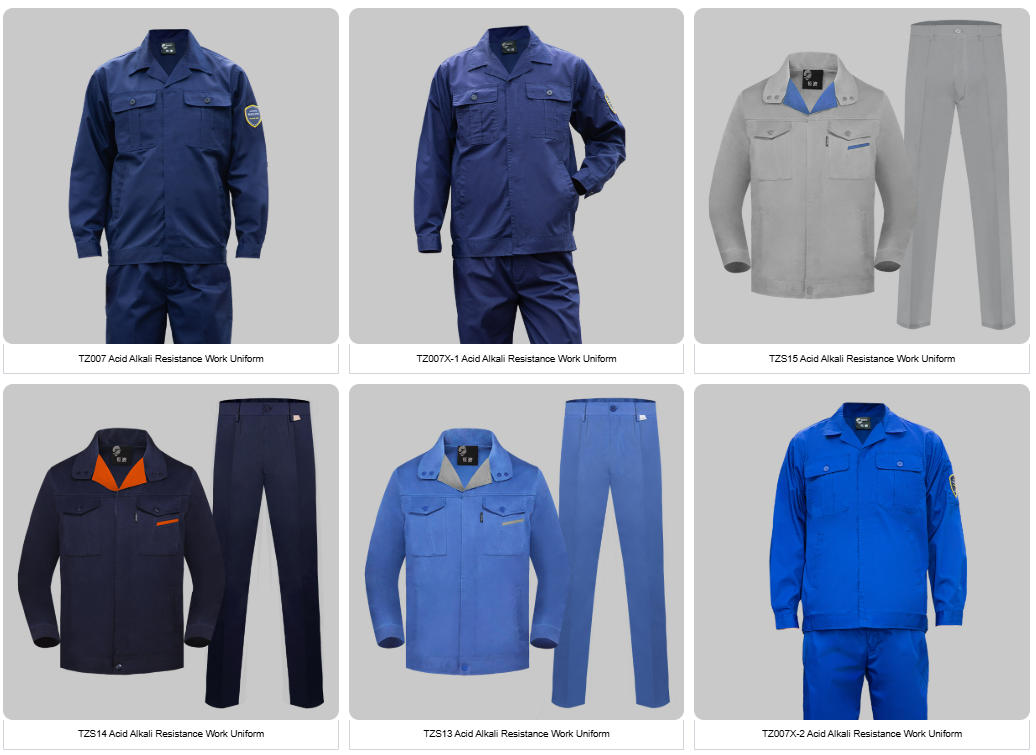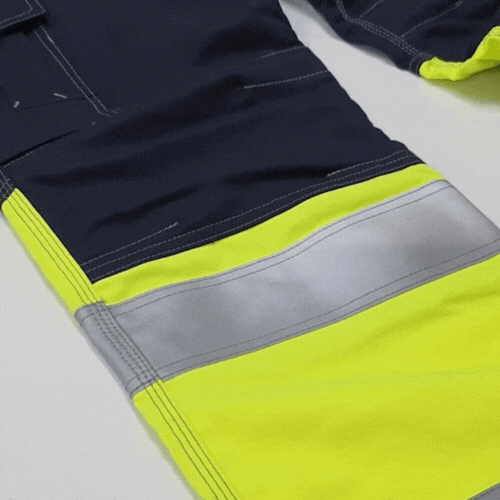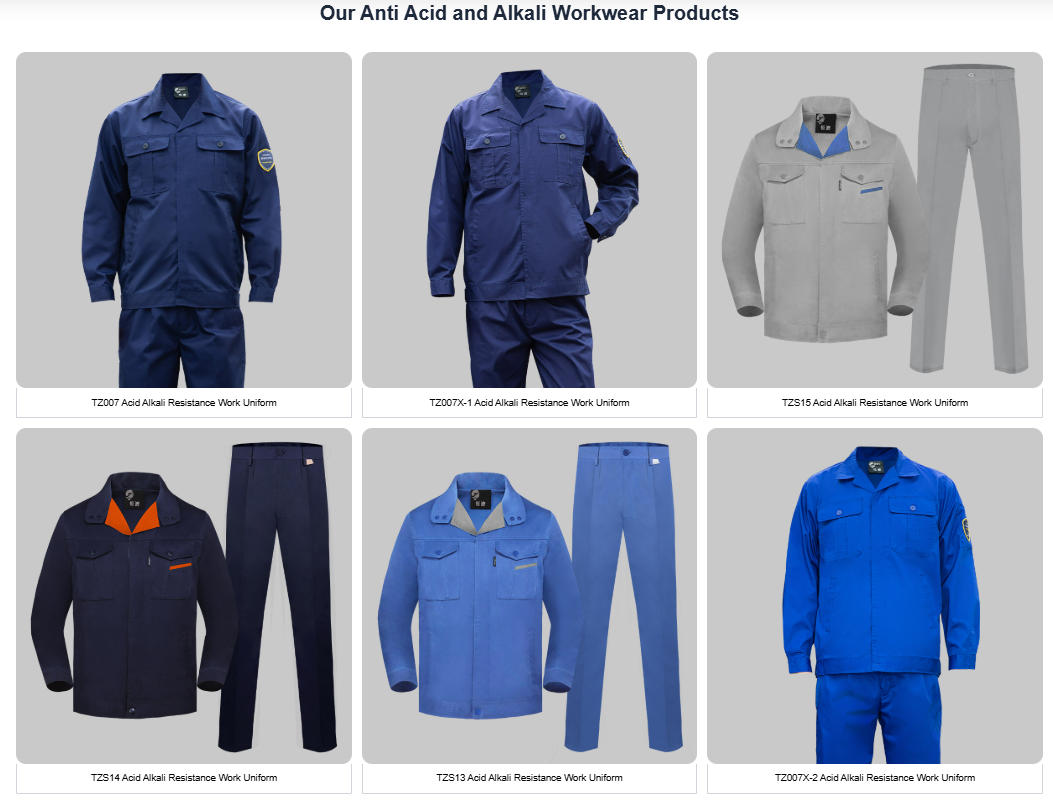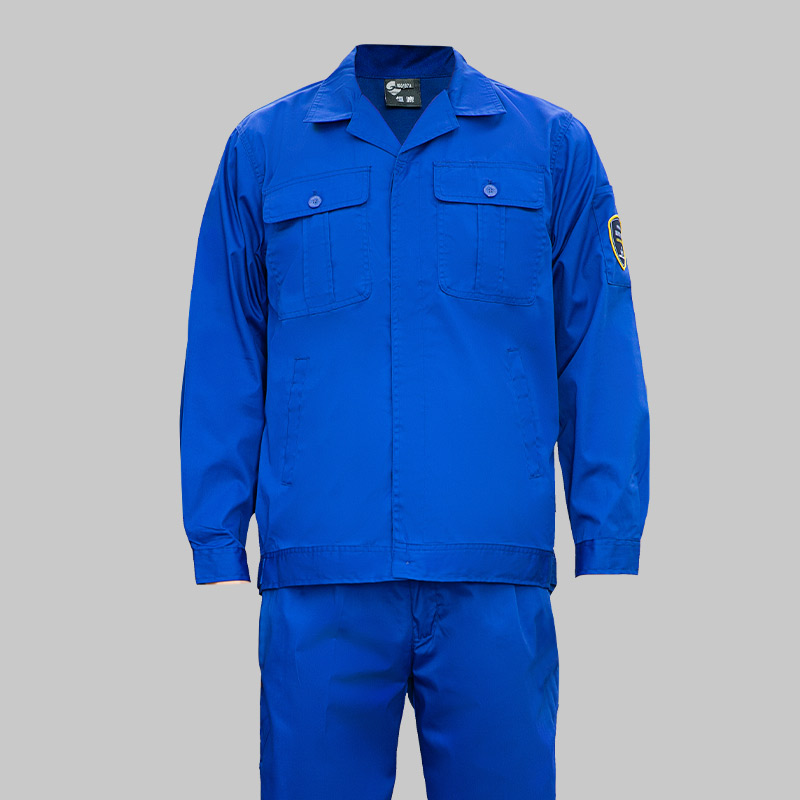Choosing the right clothing wholesaler is a critical decision that can impact your inventory, profitability, and business reputation. Here’s a structured guide to help you make an informed choice:
1. Define Your Needs
-
Niche/Target Market: Identify the type of clothing you need (e.g., workwear, casual wear, sustainable fashion, luxury items).
-
Volume: Estimate how much inventory you need regularly (e.g., small batches vs. bulk orders).
-
Budget: Determine your cost per unit and margin goals.
2. Research Potential Wholesalers
-
Online Platforms: Use B2B marketplaces like:
-
Alibaba
-
Made-in-China
-
Thomasnet
-
Fashion-specific platforms (e.g., JOOR, Joor, FashionGo)
-
-
Trade Shows: Attend industry events (e.g., MAGIC, Première Vision) to meet suppliers in person.
-
Referrals: Ask other retailers or industry networks for recommendations.
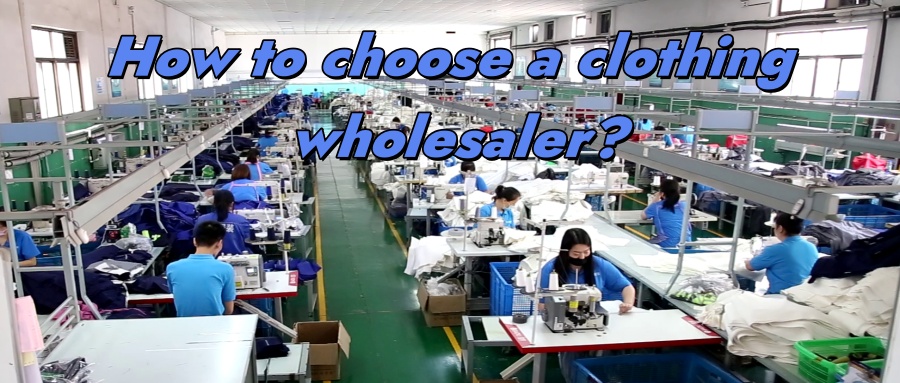
3. Evaluate Supplier Credibility
-
Certifications & Reviews: Look for verified suppliers with positive reviews on platforms like Alibaba or Trustpilot.
-
Company History: Check how long they’ve been in business and their client portfolio.
-
Samples: Always request samples to assess quality, fabric, stitching, and customization (e.g., logos, labels).
-
Communication: Gauge responsiveness, language proficiency, and willingness to answer questions.
4. Assess Product Quality & Customization
-
Materials Used: Ensure fabrics meet your standards (e.g., durability, comfort, sustainability).
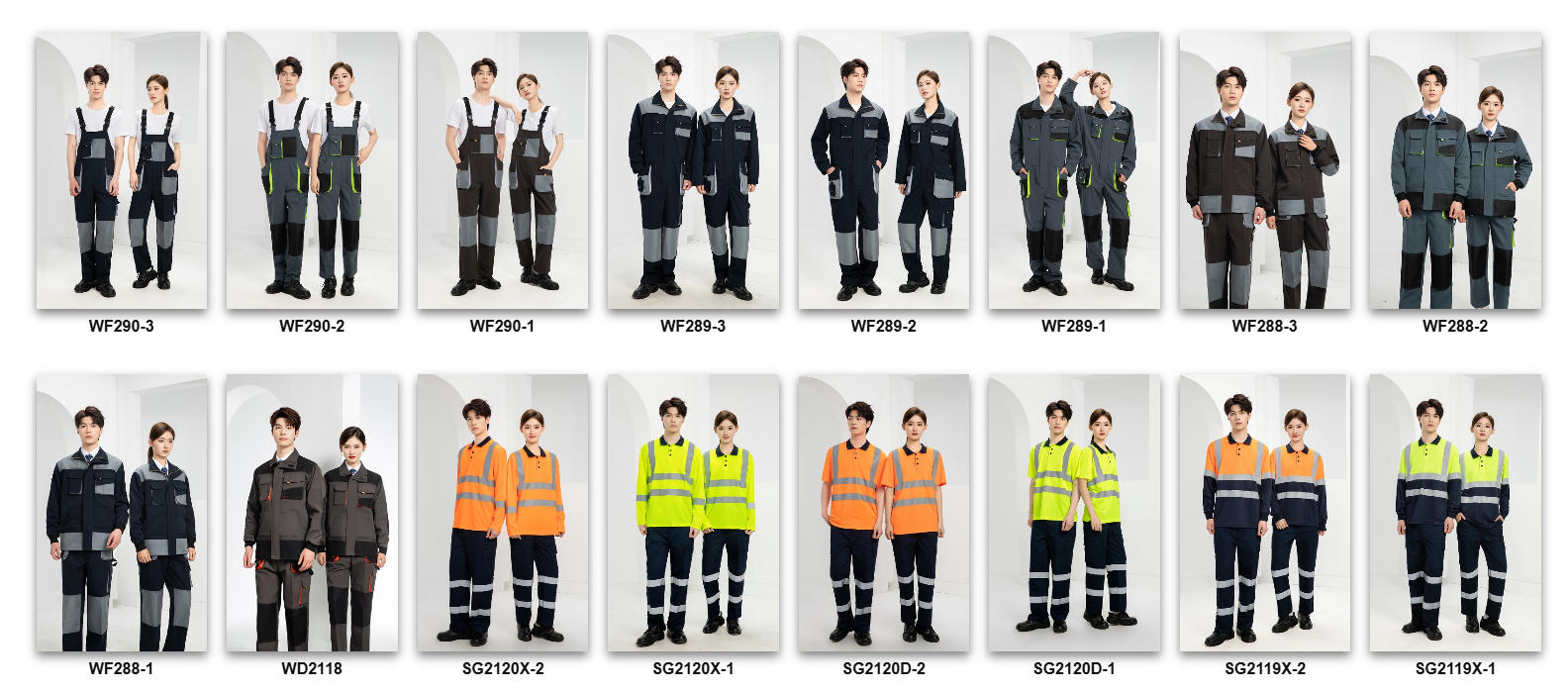
polyester cotton workwear -
Customization Options: Check if they offer:
-
Private labeling
-
Logo embroidery/printing
-
Size adjustments
-
Packaging customization
-
-
Consistency: Verify that bulk orders match sample quality.
5. Review Pricing & Terms
-
MOQ (Minimum Order Quantity): Ensure their MOQ aligns with your needs (e.g., some wholesalers require 100+ units per design).
-
Pricing: Compare unit costs, including:
-
Production costs
-
Shipping fees
-
Import duties/taxes
-
-
Payment Terms: Avoid 100% upfront payments. Look for options like:
-
30% deposit, 70% before shipment
-
Letters of Credit (L/C)
-
-
Discounts: Ask about bulk order discounts or loyalty programs.
6. Logistics & Shipping
-
Shipping Time: Confirm production and delivery timelines (e.g., 4–6 weeks for production + shipping).
-
Shipping Methods: Understand options (e.g., sea freight for bulk, air express for urgency).
-
Returns/Defects: Clarify policies for damaged goods or quality issues.
7. Legal & Ethical Compliance
-
Contracts: Ensure clear terms covering quality standards, delivery, and liability.
-
Ethical Practices: Verify compliance with labor laws, sustainability certifications (e.g., GOTS, OEKO-TEX), or anti-sweatshop policies.
-
Insurance: Confirm if they offer product liability insurance.
8. Test with a Trial Order
-
Start with a small order to evaluate:
-
Reliability
-
Quality consistency
-
Communication and problem-solving
-
9. Build a Relationship
-
Maintain clear communication and provide feedback.
-
Long-term partnerships can lead to better pricing, priority service, and flexibility.
Red Flags to Avoid
-
No samples offered
-
Unrealistically low prices (may indicate poor quality)
-
Poor communication or vague answers
-
No verifiable business address or certifications
Final Tips
-
Use a Sourcing Agent: If dealing with international wholesalers (e.g., in China, Bangladesh), consider hiring a local agent to inspect factories and manage logistics.
-
Stay Updated: Follow industry trends and adjust suppliers as needed (e.g., shift to eco-friendly wholesalers if sustainability is a priority).
By following these steps, you’ll minimize risks and find a wholesaler that aligns with your business goals, quality standards, and values.

